Your Clinic
SET A LOCATION
Your Clinic
SET A LOCATION
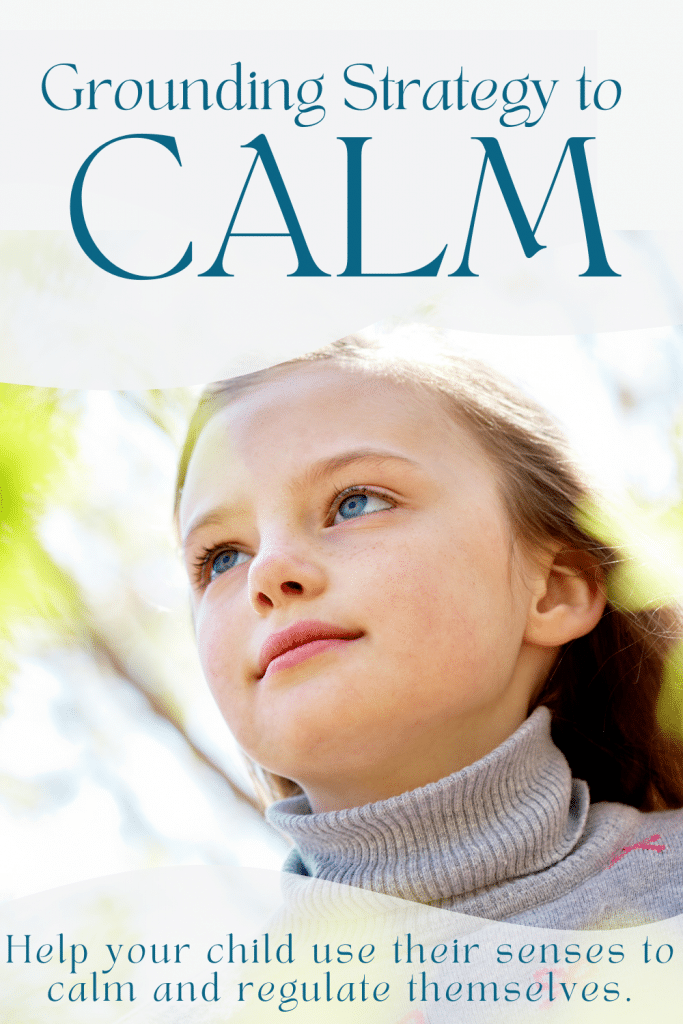
The 5, 4, 3, 2, 1 grounding strategy for calming can be used to teach children about their senses and how to use experiences within their physical context to bring them into the present moment.
This promotes emotional regulation, frustration tolerance , and positive coping skills for the present and the future. In the present, it can facilitate development of important life skills and learning through teaching the child to calm themselves. In the future, children can use these skills when they are presented with the increasing stressors related to growing up and even into adulthood. You can create a fun sensory experience with common household items or child-created crafts (for even more investment in the activity)!
The trick is to make it easy for the child to replicate this activity on their own in the future.
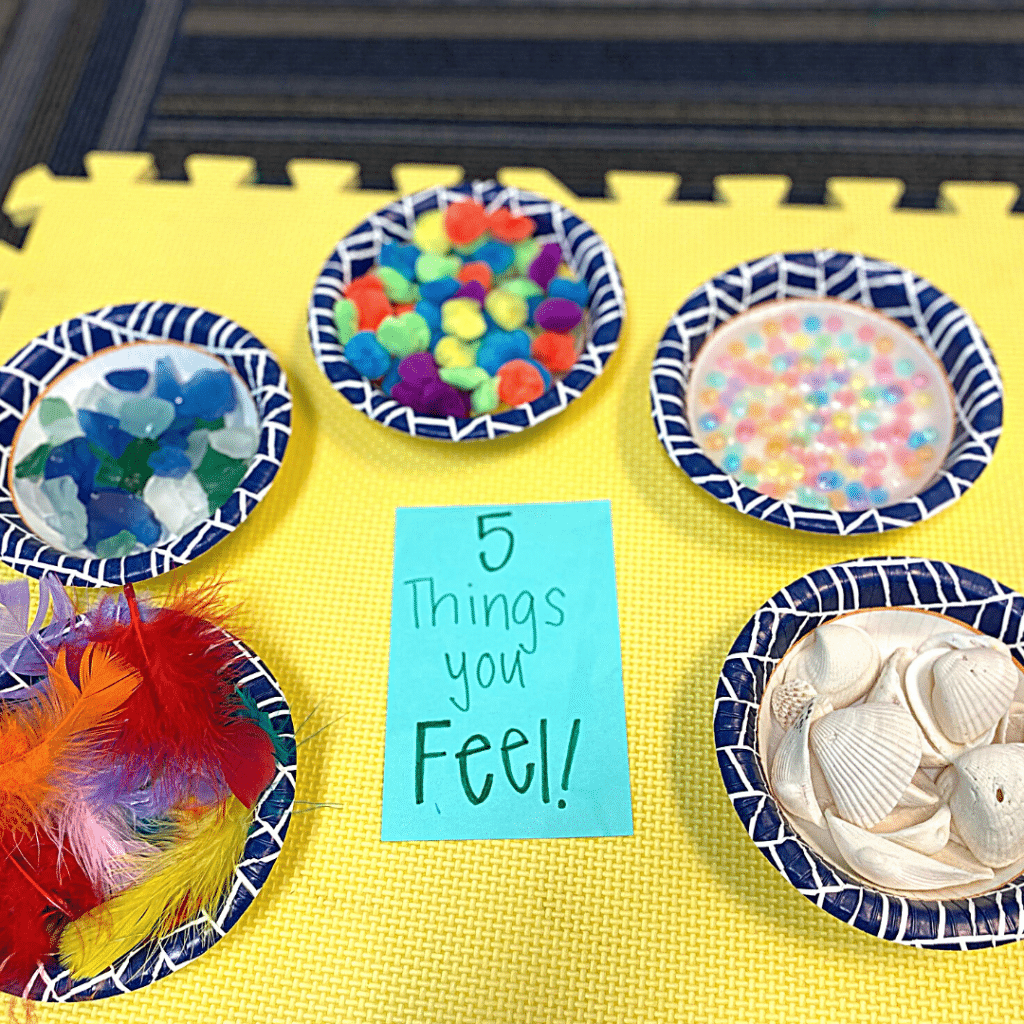
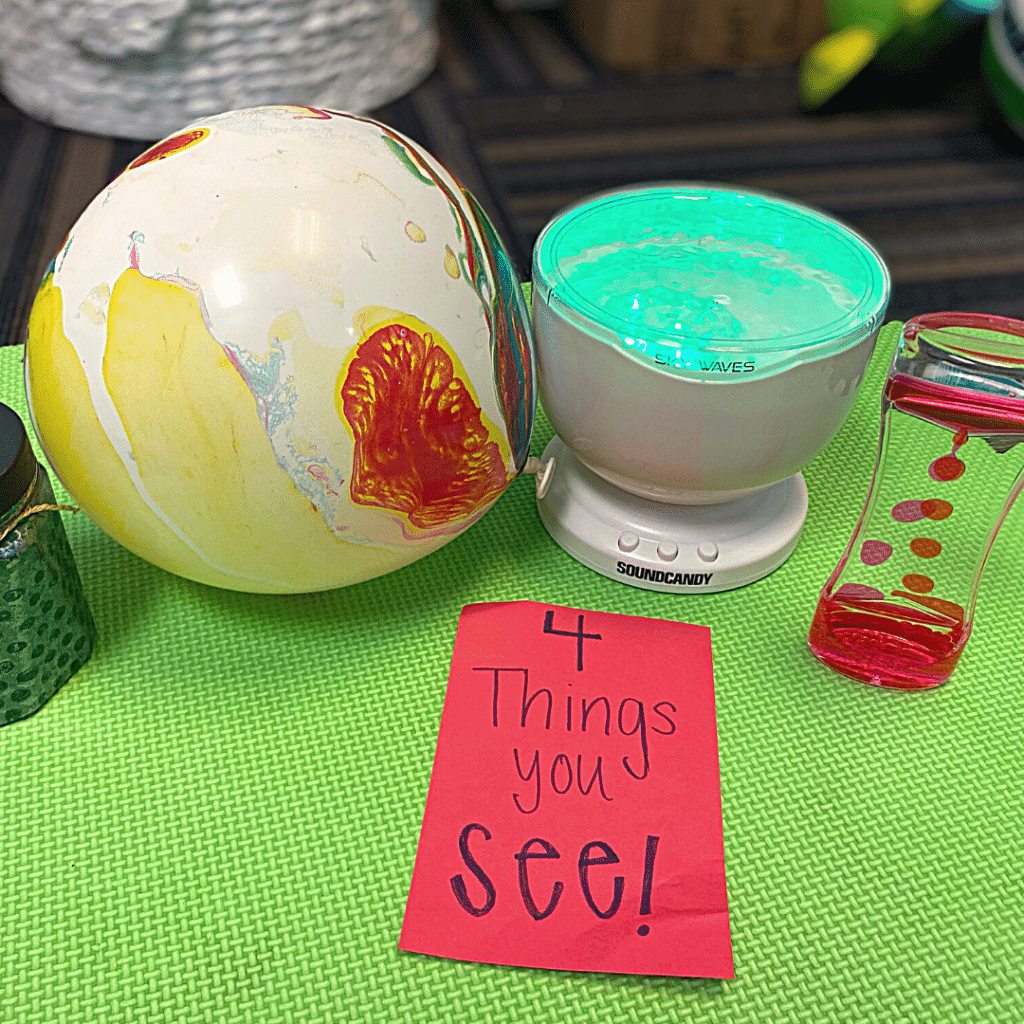

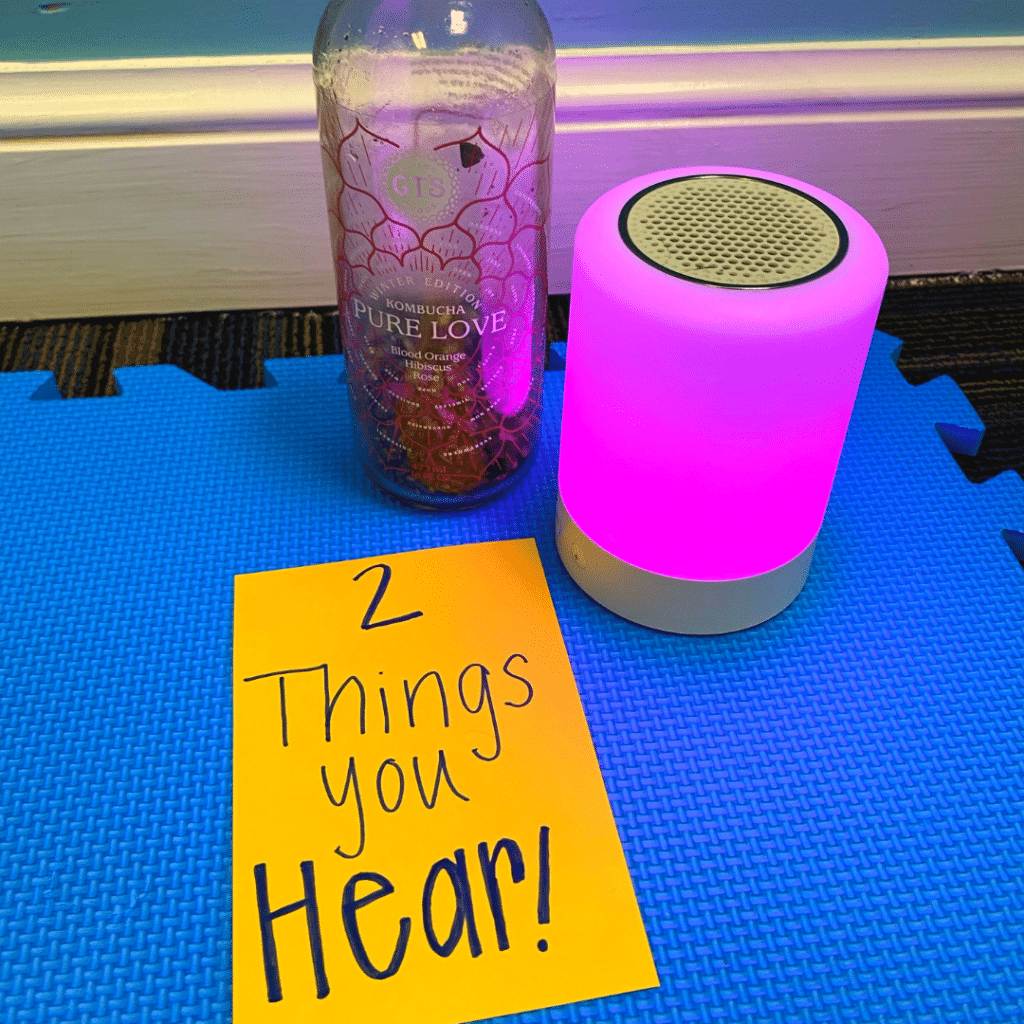

The post Grounding Strategies to help your child calm. appeared first on PPT4Kids.


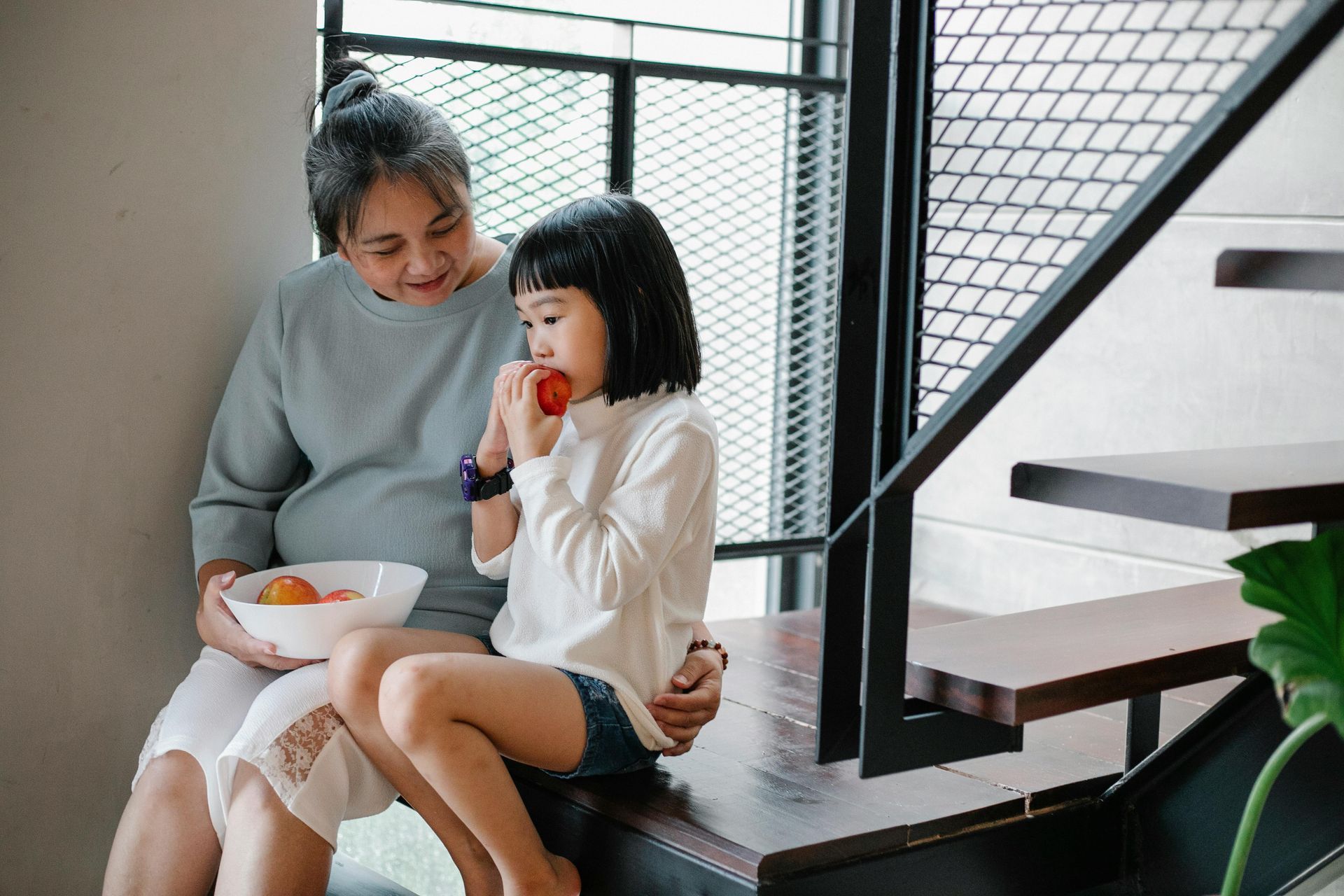
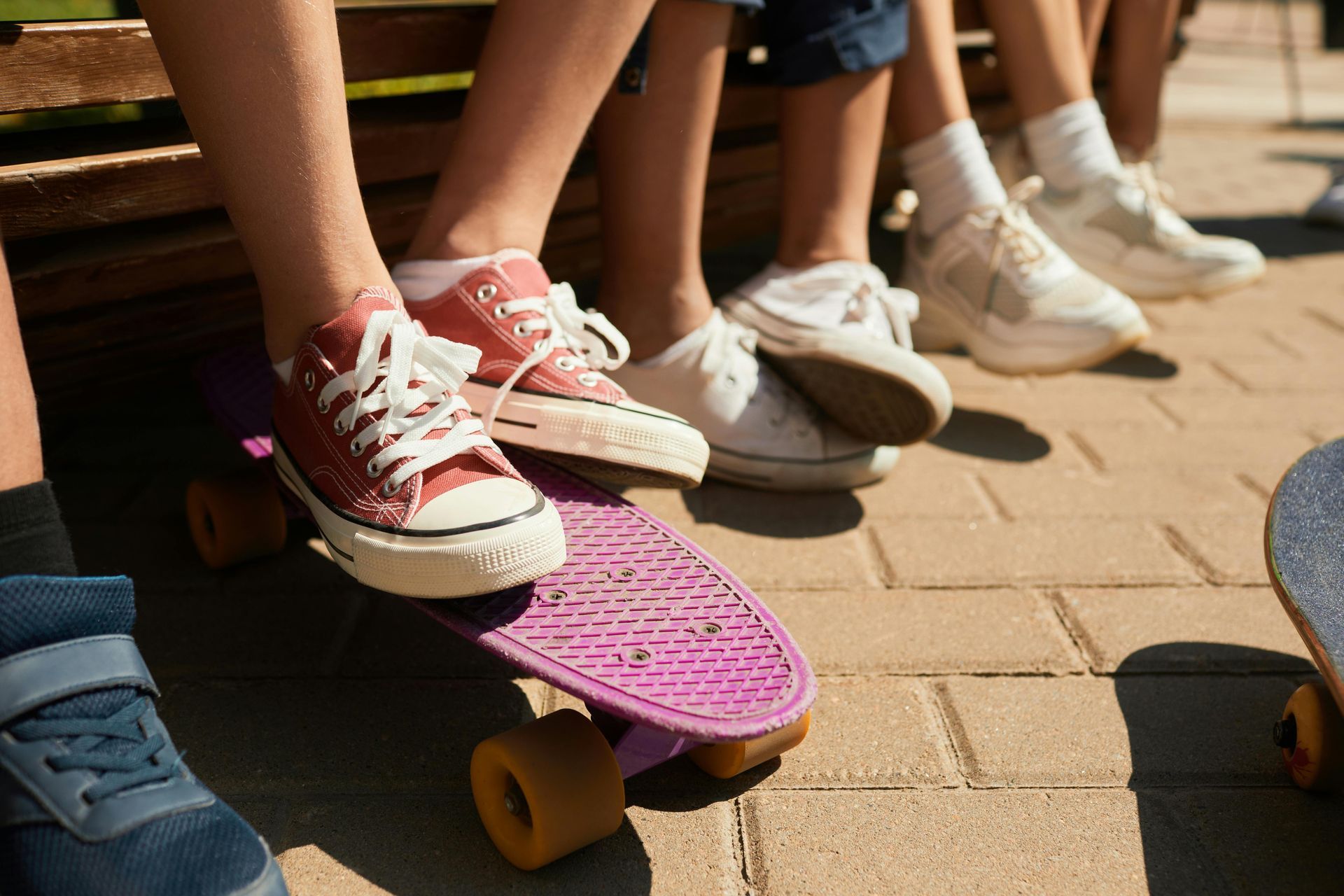
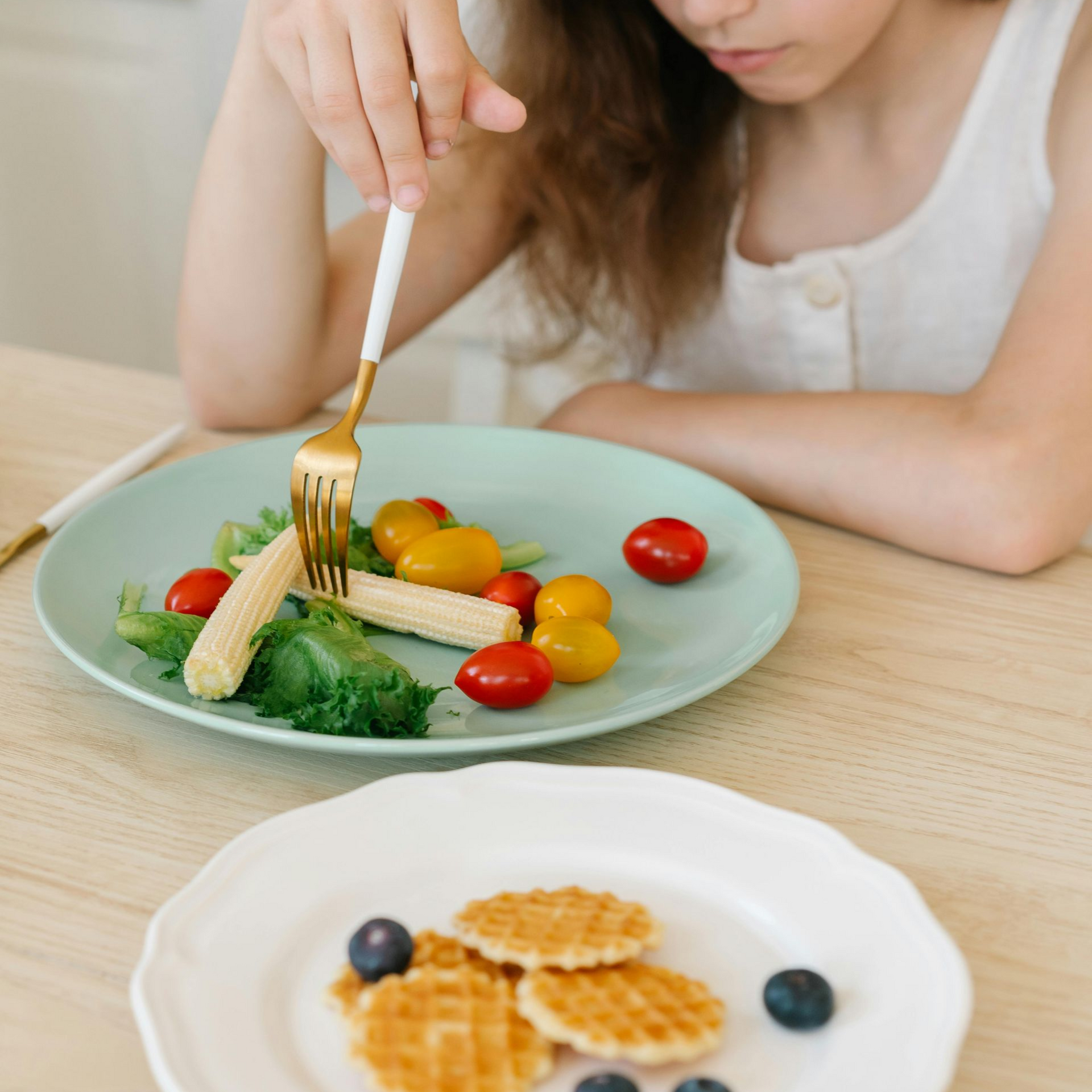

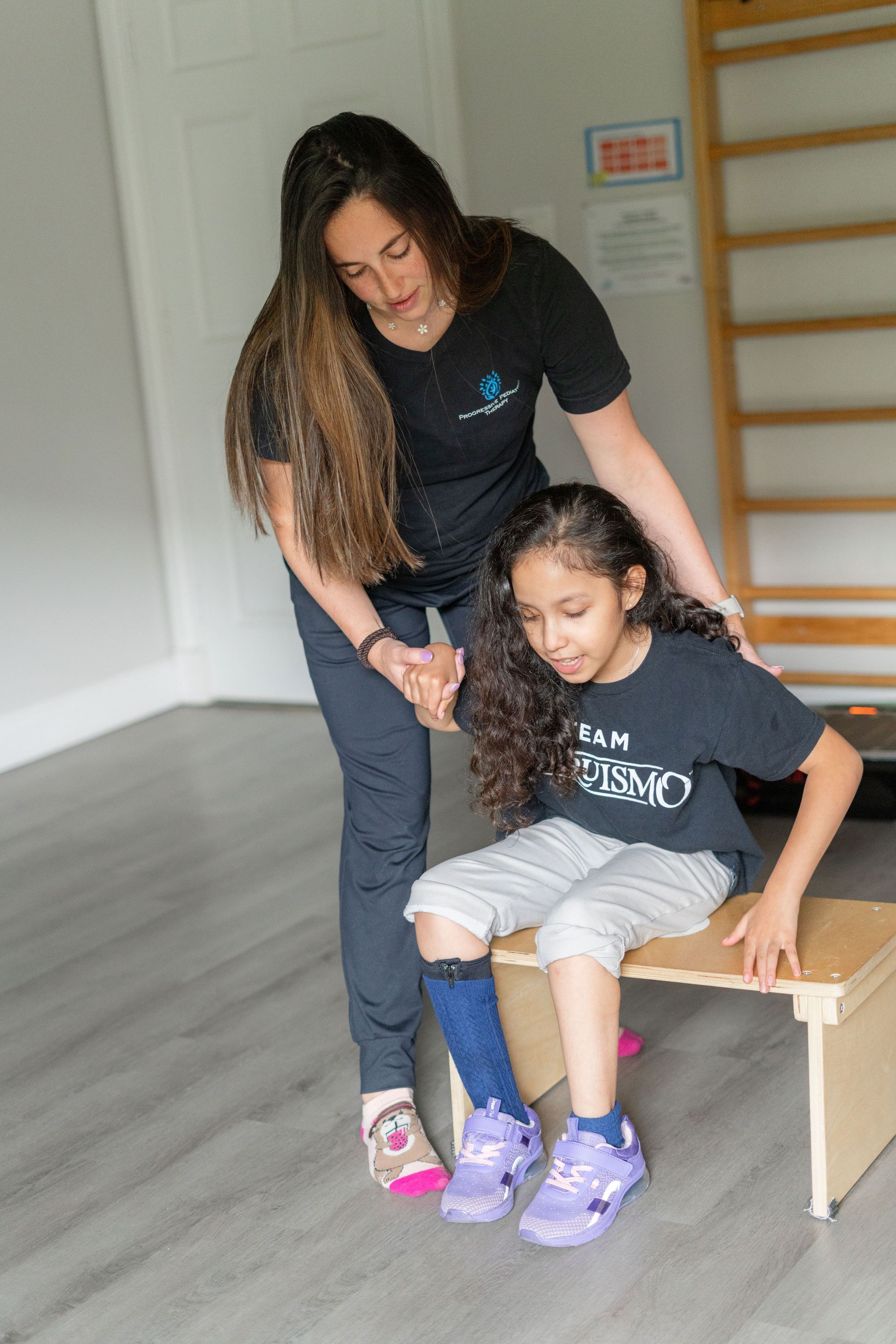
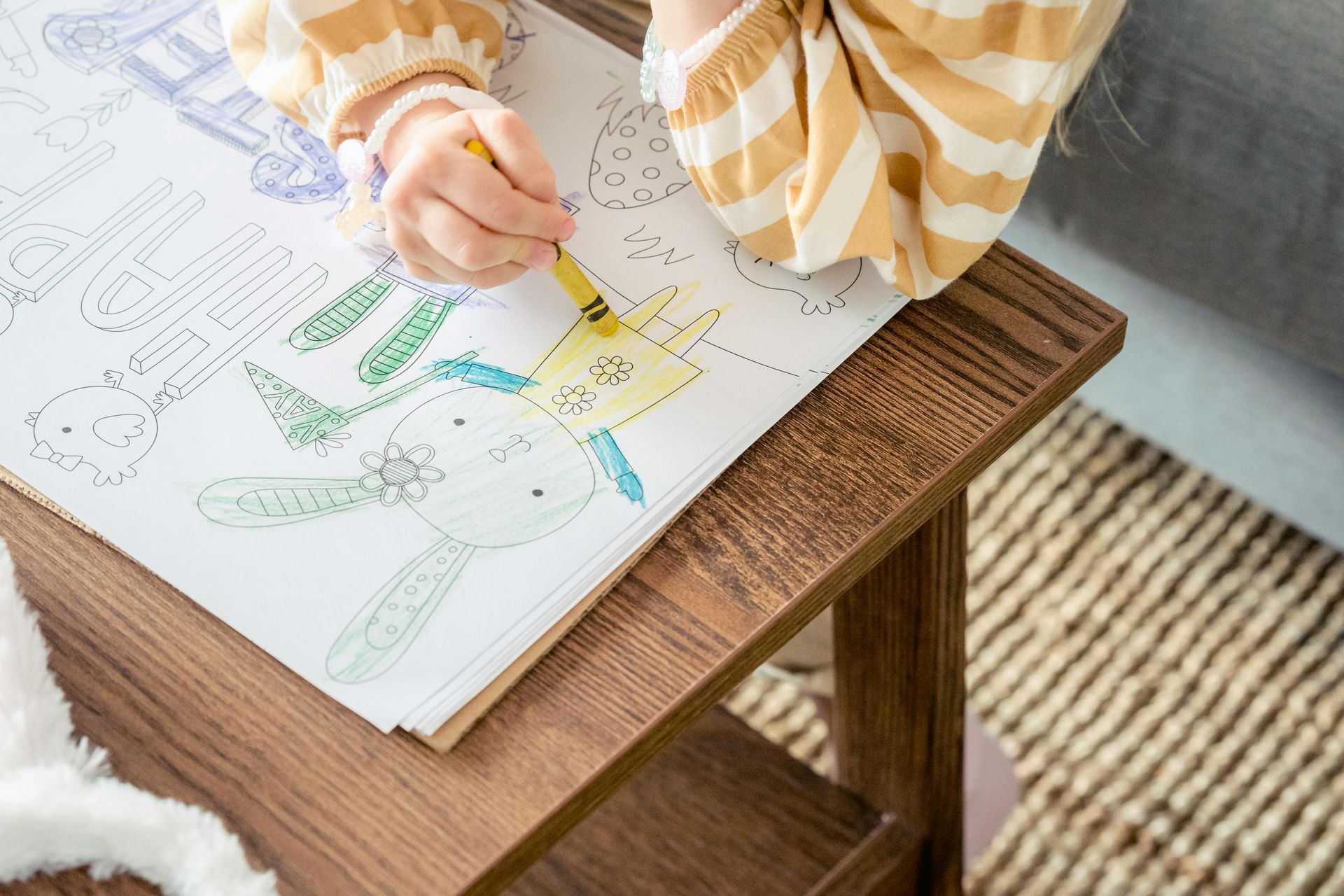
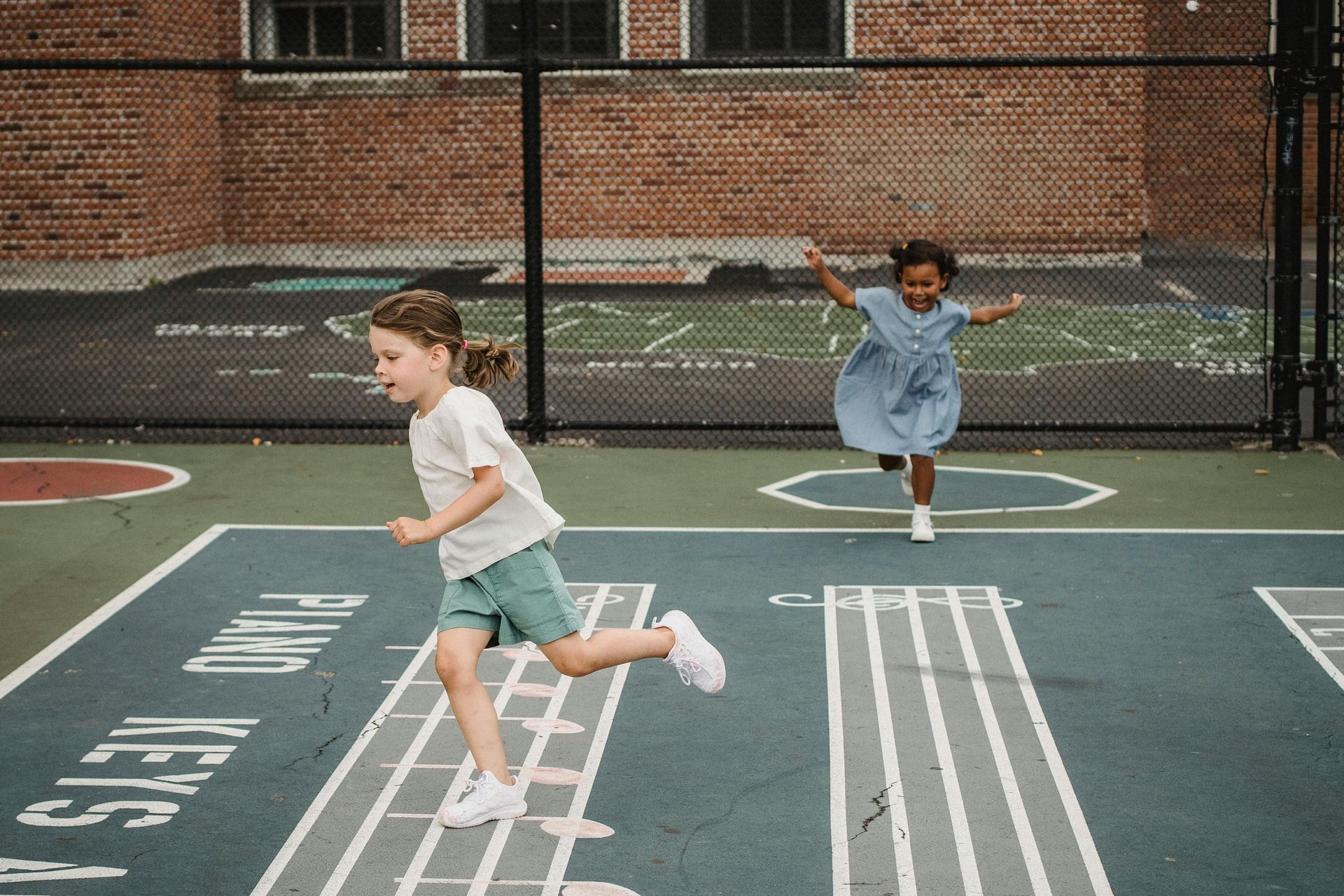
We empower children, families, and the community to learn, grow, and celebrate every child's unique abilities.
Quick Links
Contact Details
Phone: 561-376-2573 | 561-918-0190
Fax: 561-218-4939
VIP Concierge: 561-717-1764
Clinic Locations
All Rights Reserved | Progressive Pediatric Therapy, Inc. | Privacy Policy | Terms of Service
Site by Spearlance